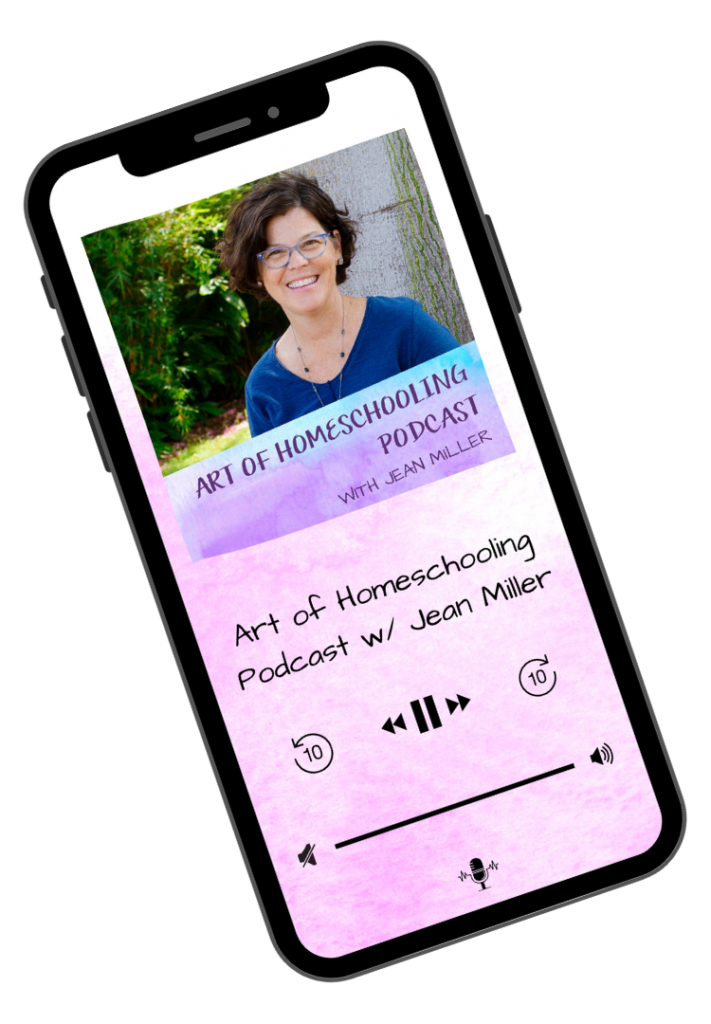Episode 92
As I was planning for this podcast episode about not having all the answers for our kids when they come to us with questions, I came across some common advice for parents.
The common advice to parents about answering children’s questions is to respond in an elaborate yet easy to understand way. But here, I’ll share why I disagree with this. And what I suggest instead.
It’s Natural for Kids to Ask Questions
When children reach a certain age, they become more curious and they start asking questions. Sometimes a boatload of questions!
According to a 2017 article in The Independent, children ask about 73 questions per day.
Children are naturally inquisitive and interested in their environment. It’s typical for them to ask how or why things work or happen. And asking questions is a crucial part of their cognitive development. But this can be challenging for parents.
Beyond this, children’s questions are a way for them to reach out and connect with us and those around them.
But we don’t have to answer every single question! Perhaps you’re surprised to hear this. Why not answer every question with a factual response?
Nurturing Curiosity and Wonder
We want to nurture our children’s natural curiosity and sense of wonder.
We want to allow them the time and space to ponder, to experience that spark of curiousity and imagination, and to remain open to possibililties.
And this idea brings me around to something I am so passionate about: the Waldorf approach to education. Because Waldorf education can be described, in short, as a pedagogical method to spark that curiosity and imagination.
“This notion, that imagination is the heart of learning, animates the entire arc of Waldorf teaching. When that concept is coupled with the schools’ other fundamental goal, to give youngsters a sense of ethics, the result is a pedagogy that stands even further apart from today’s system of education, with its growing emphasis on national performance standards in subjects such as mathematics, science, and reading and its increasing rigor in standardized testing…”
~TODD OPPENHEIMER, “Schooling the Imagination,” The Atlantic, 1999
As parents and as homeschoolers, it’s a beautiful goal to instill in our children a sense of wonder.
Not Having All the Answers for Our Kids
It can take some conscious effort to guard against our tendency to explain and answer questions with facts and logic.
Here are some ideas to ponder from this episode of the Art of Homeschooling podcast. Be sure to listen in to the episode for a full discussion of these ideas. Just tap play above!
- Slow down and notice the little things yourself in the midst of the busyness of life
- Then share your appreciation with your children
- Answer questions in a way that encourages this, “Hmmm, I wonder…“
- Ask your child, “What do you think?” or “What do you notice?” or “How do you think that happened?”
“A generally-accepted “rule of thumb” in responding to children’s questions is to give only as much information as the child is actually requesting. As adults, our thoughts on a topic tend to be quite far-ranging, while the child’s question is likely to be on a much more direct level. It is better to err on the side of simplicity; if a child needs to know more, another question will surely follow.”
~NANCY FOSTER, Acorn Hill Children’s Center
Questions and Connection
To go a bit deeper, I believe that perhaps children are seeking connection and reassurance when they ask questions. Often, questions are not actually a search for facts.
They want to hear their parent’s voice. And they’re seeking warmth, kindness, and connection. A sense that we’re nearby and care about them, about their questions and their thoughts.
Questions and Homeschooling
As homeschoolers, many of us might fall into the trap of thinking our most important job is imparting knowledge. But it’s not.
When we allow children to follow their own curiosity and interests, they actually learn more.
If we think of ourselves as designers of learning experiences, rather than teachers, we don’t have to have all the answers. We just need to set things in motion.
Children are not little adults. Their brains are still developing and they process information differently than we do. So I caution you about overloading them with facts when what they want is awe and wonder, reassurance and connection.
In Waldorf-inspired homeschooling, we teach through stories that carry a sense of wonder. Through stories, we can share history and science and even math, stories of people who were inspired to explore and experiment and learn and make a contribution to the world.
This approach inspires creative thinking, curiosity, a sense of wonder, and imagination rather than focusing on facts and the abstract world of information.
“Education is not the filling of a pail, but the lighting of a fire.”
~WILLIAM BUTLER YEATS
Creative Thinking for the Future
In wrapping up, I like to think of taking our children’s questions seriously. But living in the curiosity and wonder long enough to allow children to explore their own imagination.
This can be counterintuitive especially in an age when we worry that our children will fall behind if we don’t give them everything they need to succeed. But when we answer their questions too soon, we rob our children of developing that imagination that is so important to learning in the long run. It all begins with wonder, so let’s start there.
I’ll leave you with one more quote, a favorite of mine that I’ve had taped to the inside of my kitchen cabinet for probably 20 years…
“Live the questions now. Perhaps then, someday far in the future, you will gradually, without even noticing it, live your way into the answer”
~RAINER MARIA RILKE’S “Letters To a Young Poet”
Here’s to nurturing awe and wonder in our children and ourselves.
Rate & Review the Podcast
If the Art of Homeschooling Podcast has inspired you, I’d LOVE it if you could rate and review the podcast on your favorite podcast player! Reviews can be left on Apple Podcasts (iTunes), Podcast Addict, or Stitcher.
Or simply pop on over to lovethepodcast.com/artofhomeschooling and choose where you want to leave your review.
And if you want to show your appreciation for the Art of Homeschooling Podcast, you can buy me a coffee!
Never Miss an Episode!


Check Out All the Episodes Here



